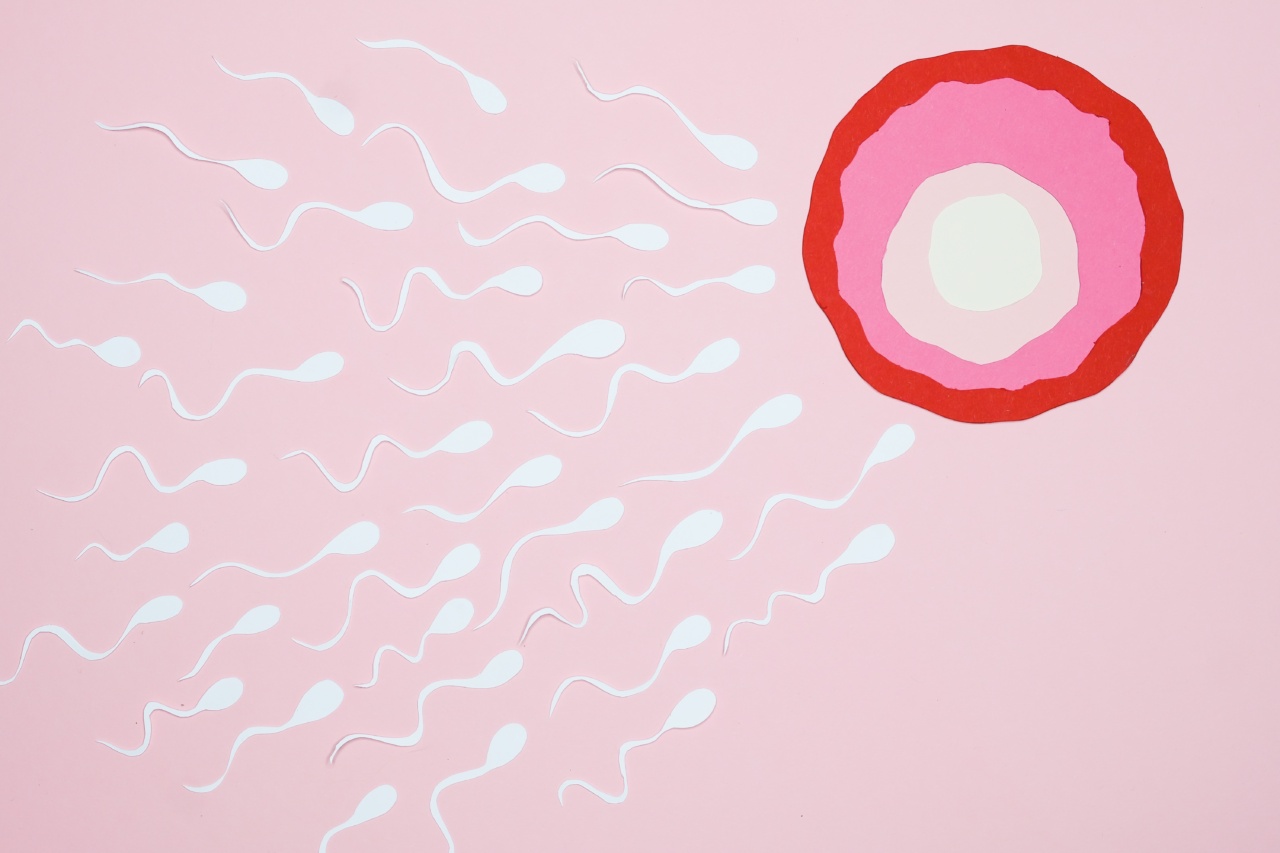Fertility and conception can be complicated topics, with many myths and misconceptions surrounding them. It can be difficult to sort out the truth from the fiction, especially if you’re trying to conceive or have fertility concerns.
In this article, we’ll go over some common truths and myths about fertility and conception, so you can be better informed about your reproductive health.
Myth: Women can always get pregnant
While it’s true that women are born with all the eggs they will ever have (on average, about 1-2 million at birth), not all of these eggs will be viable for conception.
By the time a woman reaches puberty and starts menstruating, she will have about 300,000-400,000 eggs remaining. Over time, the number and quality of these eggs will decline, making it harder to conceive as a woman gets older.
Truth: Men can also have fertility issues
Fertility isn’t just a concern for women. In fact, about one-third of infertility cases are caused by male factors alone, and another third are caused by a combination of male and female factors.
Common causes of male infertility include problems with sperm count, motility, and shape, as well as hormonal issues and genetic conditions.
Myth: Infertility is always due to female factors
As mentioned above, male factors can contribute to infertility just as much as female factors. In fact, in about 15-20% of infertility cases, no cause can be identified in either partner – a condition known as unexplained infertility.
Truth: Age plays a role in fertility
As a woman gets older, the number and quality of her eggs decline, making it harder to conceive. For men, age can also affect fertility – although not as dramatically as it does for women.
Older men may have lower sperm counts or poor-quality sperm, which can make it harder to conceive or increase the risk of genetic abnormalities in their offspring.
Myth: You can get pregnant at any time of the month
While it’s true that a woman can get pregnant any day of the month, there are certain times when conception is more likely to occur.
This is because a woman’s menstrual cycle is controlled by hormonal fluctuations that regulate ovulation (the release of an egg from the ovaries). Most women ovulate about 14 days before the start of their next period, meaning that there are only a few days each month when conception is possible.
Truth: Lifestyle factors can affect fertility
There are a number of lifestyle factors that can affect both male and female fertility. For example, smoking can decrease sperm count and motility in men, and increase the risk of miscarriage and infertility in women.
Being overweight or underweight can also affect fertility, as can excessive alcohol consumption and drug use.
Myth: You should have sex every day to increase your chances of conceiving
While having frequent sex can increase your chances of conceiving, it’s not necessary (or recommended) to have sex every day.
Sperm can live inside the female reproductive tract for up to five days, so having sex every other day around the time of ovulation is usually sufficient to increase the chances of conception.
Truth: Stress can affect fertility
Chronic stress can affect both male and female fertility. Stress can disrupt hormone levels, affect sperm count and motility, and interfere with ovulation and menstrual cycles.
Managing stress through relaxation exercises, counseling, or other methods may help improve fertility.
Myth: Sex positions can affect your chances of conceiving
There is no scientific evidence to support the idea that certain sex positions are better for conception than others. The most important thing is to have regular sex around the time of ovulation to increase the chances of fertilization.
Truth: Seeking fertility help early can improve outcomes
If you’ve been trying to conceive for a year or more without success (or six months if you’re over the age of 35), it’s a good idea to seek help from a fertility specialist.
The earlier you seek help, the better your chances of success – and the less invasive and costly the treatments may be.
Conclusion
Fertility and conception can be complex and confusing topics, but understanding the truth behind the common myths and misconceptions can help improve your chances of conceiving and having a healthy pregnancy.
By staying informed about these factors and seeking help when needed, you can take steps to optimize your reproductive health and achieve your fertility goals.































